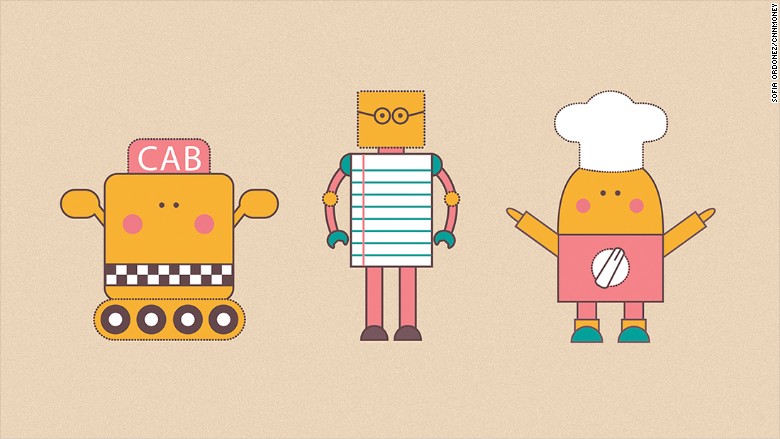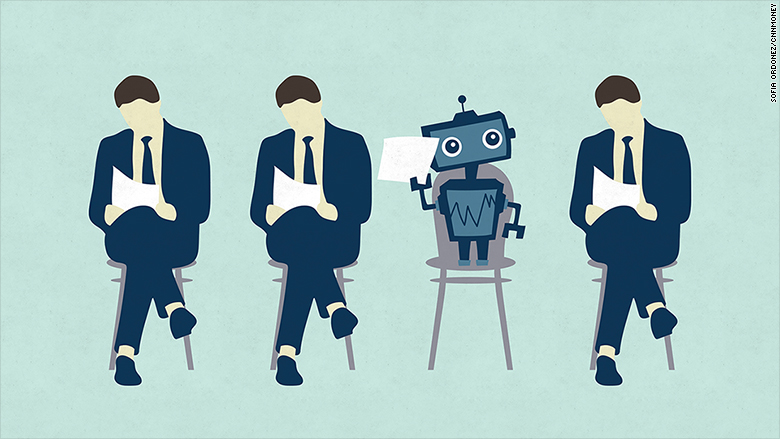European lawmakers have proposed that robots be equipped with emergency "kill switches" to prevent them from causing excessive damage. Legislators have also suggested that robots be insured and even be made to pay taxes.
The proposal on robot governance was approved by the European Parliament's legal affairs committee on Thursday. The issue will now be considered by the European Commission, which is the bloc's top regulator.
"A growing number of areas of our daily lives are increasingly affected by robotics," said Mady Delvaux, the parliamentarian who authored the proposal. "To ensure that robots are and will remain in the service of humans, we urgently need to create a robust European legal framework."
Here is what lawmakers have proposed:
Kill switch
The proposal calls for a new charter on robotics that would give engineers guidance on how to design ethical and safe machines.
For example, designers should include "kill switches" so that robots can be turned off in emergencies. They must also make sure that robots can be reprogrammed if their software doesn't work as designed.
Stop the killer robots
The proposal states that designers, producers and operators of robots should generally be governed by the "laws of robotics" described by science fiction writer Isaac Asimov.
Asimov's laws stipulate that a robot must never harm or kill a human and always obey orders from its creator. Robots must protect their own existence -- unless doing so would cause harm to a human.
Remember: It's just a robot
The proposal also says that robots should always be identifiable as mechanical creations. That will help prevent humans from developing emotional attachments.
"You always have to tell people that robot is not a human and a robot will never be a human," said Delvaux. "You must never think that a robot is a human and that he loves you."
The report cites the example of care robots, saying that people who are physically dependent on them could develop emotional attachments.
Who's responsible for misbehaving robots?
The proposal calls for a compulsory insurance scheme -- similar to car insurance -- that would require producers and owners to take out insurance to cover the damage caused by their robots.
Give robots rights?
The proposal explores whether sophisticated autonomous robots should be given the status of "electronic persons."
This designation would apply in situations where robots make autonomous decisions or interact with humans independently.
It would also saddle robots with certain rights and obligations -- for example, robots would be responsible for any damage they cause.
Should robots pay tax?
If advanced robots start replacing human workers in large numbers, the report recommends the European Commission force their owners to pay taxes or contribute to social security.
EU member states should also consider implementing a
universal income to blunt the impact of the job losses.





























